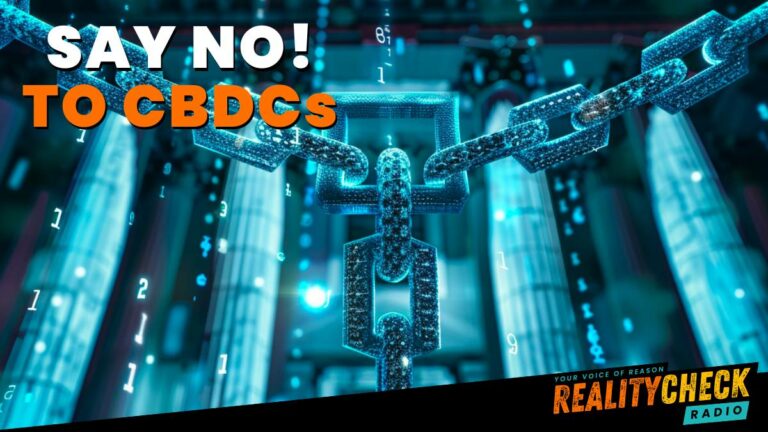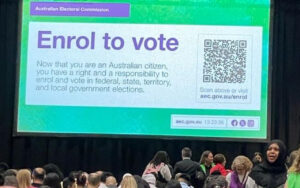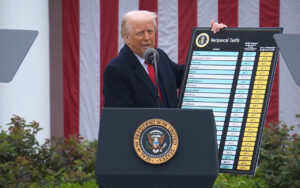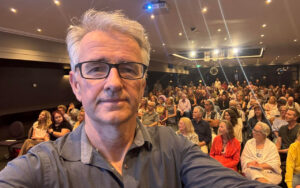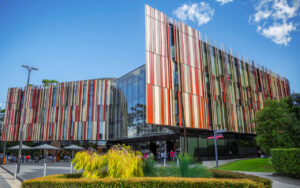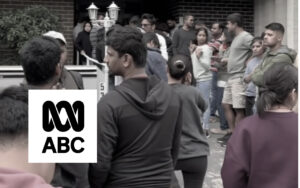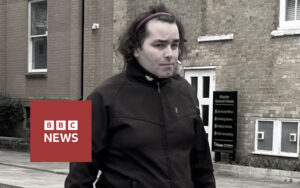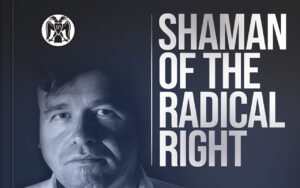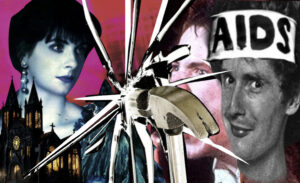New Zealanders are pushing back against a plan to introduce a digital currency, which would allow the government greater power and control over spending than ever before.
The Reserve Bank of New Zealand announced in April it was exploring a central bank currency it is calling “digital cash” with consultations open until July 26.
The bank said the currency would be “private, secure, and trusted”, but critics fear it will be open to exploitation in a country where the Jacinda Ardern government severely violated human rights and disregarded personal freedoms during the Covid pandemic.
Reality Check Radio on Monday made a social media appeal to listeners who are concerned about the digital currency plan, providing links to resources to help New Zealanders complete the survey before the Friday cut-off.
“Are you concerned about Central Bank Digital Currency?” the post read.
“The Reserve Bank of New Zealand is pushing to introduce ‘Digital Cash’, a new programmable digital money that could surveil and control your spending. Now is the time to make your voice heard while you still can!
“Survey feedback closes THIS Friday, July 26th (just 4 days away). Don’t miss your chance to take action and make an impact.
“CBDCs could be a tool to undermine personal freedom, privacy, and democracy. Remember the restrictions during Covid-19? This could be much worse. Reject it en masse today before it can gain traction!”
Many New Zealanders expressed their concern about the plan on X, with one writing: “My biggest concerns over digital cash are that: It’s just not real, government controls it, InternetNZ is now compromised and is political, banks can stop it, Big Tech can block our access. My grandchildren like cash in their hands!”
Another wrote: “Such a slippery slope where you’re heading with this. No one wants it.”
“Hello government control over every cent spent. Financial propaganda at its worst. No to CBDC,” a third said.
“I didn’t realise NZers wanted to go down the path of communist Canada, shut down your bank account. No thanks.”
